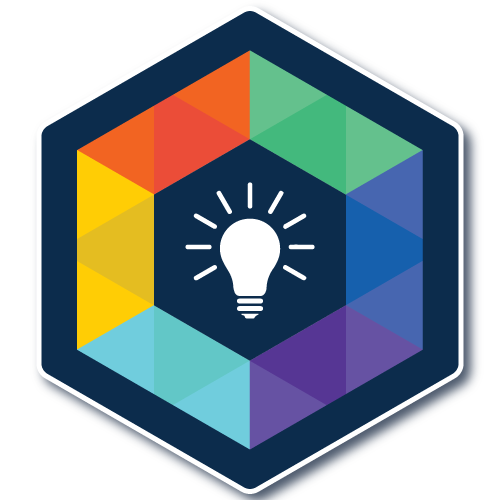Understanding the GT Enterprise Data Warehouse (EDW)
At the heart of our institute's analytical framework, the Georgia Tech Enterprise Data Warehouse (EDW) stands as more than a simple data storage facility. It is a sophisticated infrastructure designed to consolidate historical and current data from various sources, forming the foundation for the institute's operational decision-making and empowering our community with actionable insights.
Key Features of the EDW
-
Comprehensive Data Aggregation: By integrating data across multiple domains, the EDW provides a unified source of truth that supports a comprehensive view of the institute's operations and achievements.
-
Optimized Data Structure and Modeling: Tailored for ease of access, the EDW's data organization benefits Business Intelligence (BI) and integrations developers, enabling efficient analysis and insight generation.
-
Data Staging and Derived Data: The warehouse includes both staged "raw" data and processed data ready for use, ensuring accuracy and providing common definitions essential for downstream applications.
-
Data Lineage and Vetting: Data integrity is paramount, with the EDW tracking data lineage and undergoing rigorous vetting by campus stewards to ensure confidence in the resulting reports and integrations.
Main Subject Areas and Data Domains
The Georgia Tech EDW's primary focus areas include the following core data domains:
-
Student Data: Encompassing a wide array of information related to student demographics, admissions, enrollment, course registration, grades, retention and graduation, and more. This area supports academic planning, assessment, advising, and regulatory compliance.
-
Human Resources Data: Covering all aspects of employee information, including recruitment, hiring, compensation, performance, demographics, and more. This area aids in workforce planning and management.
-
Financial Data: Including data on budgeting, expenditures, revenue, and financial planning and more. This area is pivotal for strategic financial management and reporting.
-
Space Data: Capturing detailed information on campus facilities, including building specifications, classroom capacities, and more. This area supports efficient space management and strategic planning for future development. It aids in optimizing the use of physical resources and planning for expansion or renovation projects.
-
Research Data: Encompassing data related to research activities, grants, publications, and intellectual property and more. This area fuels research strategy, management, and compliance. It supports the tracking of research outcomes, funding opportunities, and collaboration, enhancing the institute's research profile and impact.
-
Compliance Data: Including records on regulatory requirements for training of faculty and staff. This area is essential for ensuring institutional adherence to laws, standards, and policies. It supports proactive compliance management, mitigating risks and safeguarding the institute's reputation and operational integrity.
In addition to these main areas, the EDW integrates other specialized data sources on an as-needed basis, ensuring a comprehensive data ecosystem tailored to the institute's evolving needs.
Access to Elements in the Data Warehouse
Access to the core elements of the EDW is facilitated through various channels, designed to meet the diverse needs of our users:
-
Shared Data in Reporting Tools: Users can access a wealth of information via shared data sets available in our reporting tools. For more details, please refer to the Enterprise Reporting page.
-
Enterprise Integrations: For those seeking to leverage the EDW within their own systems or applications, enterprise integrations provide a robust pathway. Additional information can be found on the Enterprise Integrations page.
-
Other Sharing Agreements: Recognizing the unique needs of different departments and projects, we also accommodate access through customized approaches such as data marts. For more information, please visit the Platforms & Databases page.
We encourage you to schedule a meeting with the LITE team to explore how you can leverage the EDW to its full potential. Understanding your specific requirements allows us to tailor access and support, ensuring you can make the most of the data warehouse's capabilities.

